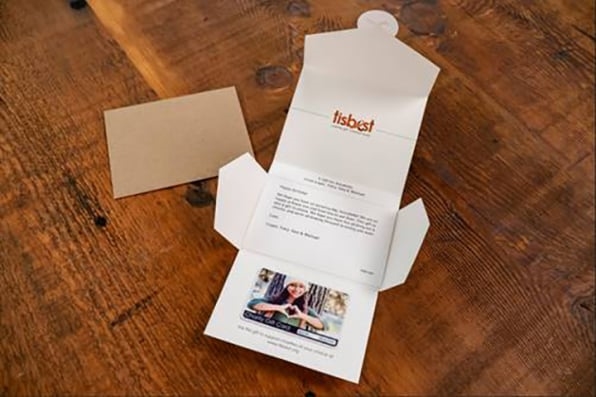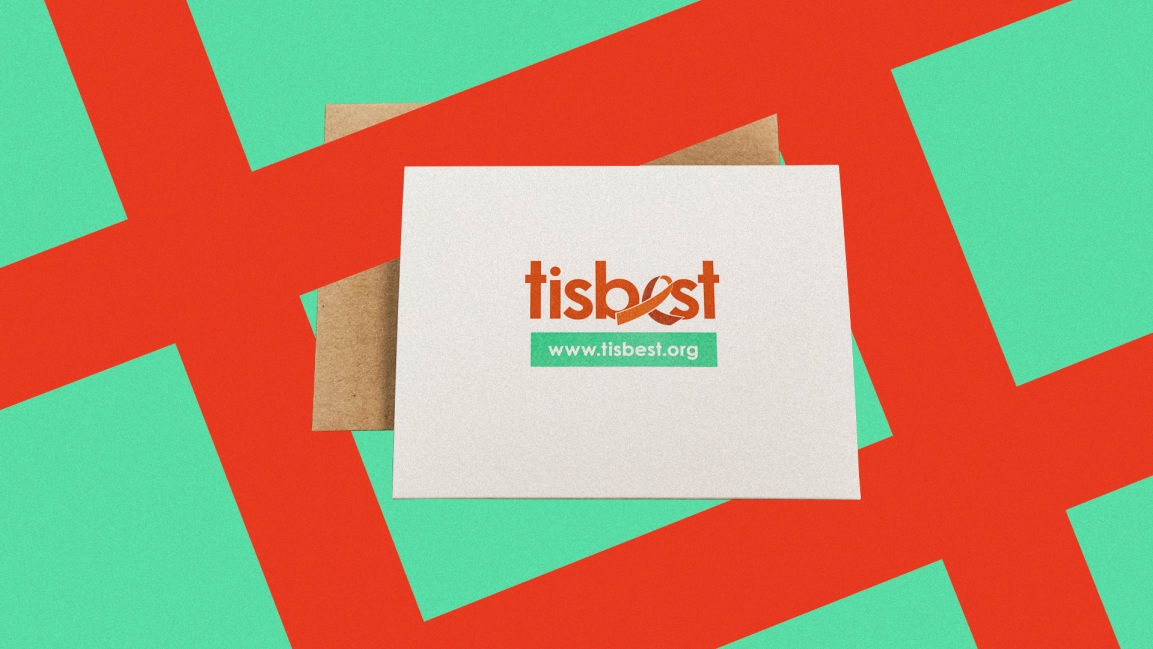This gift card offers a charitable fix to holiday gifts no one wants
Welcome to the season of buying people junk they probably don’t want or need. While the spirit of giving is commendable, it often means people just buy the first thing at hand, giving gifts that are quickly relegated to the back of a closet or the bottom of a trash can.
Erik Marks, the founder of nonprofit TisBest Philanthropy, recognized the problem decades ago while attending Harvard Law School. In 2007, after working as a transactional real estate lawyer and founding a construction waste recycling company, he realized technology had advanced to the point of a solution.
TisBest sells universally accepted charity gift cards online. Each offering is customizable by amount and appearance–you can add a family photo, say, or perhaps a corporate logo–and delivered on one of three ways: email, printable format, or an actual plastic card that ships the same day it’s ordered.
“The story I always say when people were coming across the prairie and you gave someone a wooden spoon, it made a lot of sense,” says Marks. “When you’re talking about, like, Menlo Park and you give someone a wooden spoon for their kitchen, it probably doesn’t make a lot of sense and yet we continue to do it.”

Since launching in 2007, TisBest has been persuading more people to chose a socially good alternative. Last year, the company channeled an estimated $2.3 million to different charities. Total sales volume is expected to growing another 20% this year.
On TisBest’s site, gift recipients can learn about and choose from more than 300 partner charities (or search for any of the 1.5 million listed in IRS filings). The idea is that if your brother likes cats, he can surf around to find the right feline-saving service. If your sister loves the outdoors, there’s probably an environmentally friendly effort that matches.
But while Marks first envisioned TisBest as a person-to-person alternative, more than 65% of sales are corporate. Businesses distribute branded cards to their customers, suppliers, or employees, who can then choose where to spend them. The average value per card sold is just under $50.
During its first year, the company sold fabric cards in stores. Recipients had to go online and punch in a code to redeem them, in part to avoid violating an early patent around charitable deliveries via the internet. When that standard relaxed, its approach evolved, along with cost-efficiencies.
Historically, the service has been free to charities but charged donors 3% of each transaction, plus $1.99 to cover credit card fees and basic operations. That changed in November, when TisBest shifted to a totally free model. It can now give 100% of each donation to whatever charity the recipient selects by applying breakage–the industry term for outdated, unredeemed donations–to any outstanding costs.
Personal donations have far less breakage than corporate ones. And the customized plastic cards are typically spent more often compared to email-based deliveries. Marks calls the effort a “gift solution” as opposed to a new fundraising tool for charities. “We compete with things like bottles of wine, boxes of chocolate, hundred dollar bills, so we’re not a way for charities to raise money. We’re a way for people to give a more meaningful, a more connected gift, and we would say a better gift.”
Because that’s the other holiday irony: No one really needs more stuff, but that doesn’t mean they’re not comparing who gives what.
(3)



